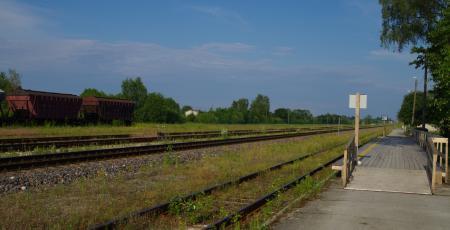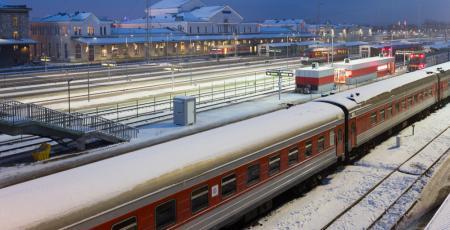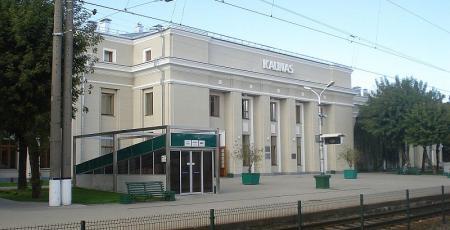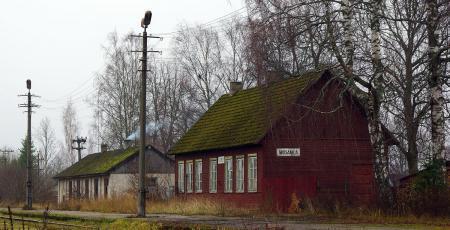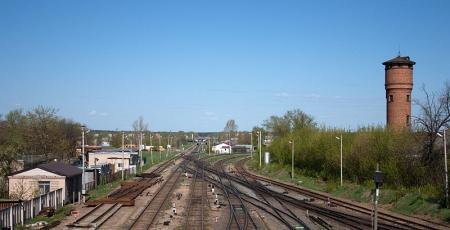Kostanay (now Kostanay) - Kokchetav (now Kokshetau) is a section of the Central Siberian railway in Kazakhstan. The line was designed by Lengiprotrans in the 1950s – 1970s for the development of...
The page shows the objects of the selected type, the design of which was performed in the selected period
950
projects completed
Site surveys for construction involve comprehensive investigations of natural environment of an area and/or a construction site.
Specialists of JSC Lengiprotrans design transport development master-plans, which includes activities associated with placement of all railway infrastructure facilities in accordance with the process solutions adopted. The design work includes environmental impact assessment and development of recommendations on environmental protection.
The page shows the objects of the selected type, the design of which was performed in the selected period
Kohtla station is located on the Tallinn - Narva railway line.
During the Second World War, the station at the station was destroyed. In the postwar years, Lentransproekt (since 1951 -...
Immediately after the end of the Great Patriotic War, the Department of Plants of "Lentransproekt" (since 1951 - "Lengiprotrans") developed a project for the restoration of a steam locomotive...
Immediately after the end of the Great Patriotic War, the Department of Plants of "Lentransproekt" (since 1951 - "Lengiprotrans") developed a project for the reconstruction of a casting and...
Mõisaküla is a station of the Estonian Railway, located on the border with Latvia. In September 1944, the retreating German troops destroyed a significant part of the railway station buildings. In...
Daugavpils railway junction is a large junction in the second largest city in Latvia. It was formed in the second half of the 19th century on the former Petersburg-Warsaw railway.
In the post-...
Pages




























